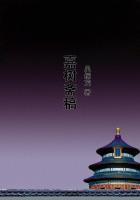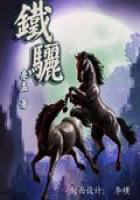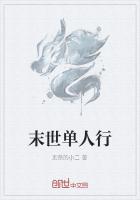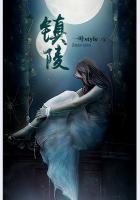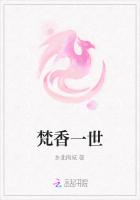When Wagner was born in 1813, music had newly become the most astonishing, the most fascinating, the most miraculous art in the world.Mozart's Don Giovanni had made all musical Europe conscious of the enchantments of the modern orchestra and of the perfect adaptability of music to the subtlest needs of the dramatist.Beethoven had shown how those inarticulate mood-poems which surge through men who have, like himself, no exceptional command of words, can be written down in music as symphonies.Not that Mozart and Beethoven invented these applications of their art; but they were the first whose works made it clear that the dramatic and subjective powers of sound were enthralling enough to stand by themselves quite apart from the decorative musical structures of which they had hitherto been a mere feature.After the finales in Figaro and Don Giovanni, the possibility of the modern music drama lay bare.After the symphonies of Beethoven it was certain that the poetry that lies too deep for words does not lie too deep for music, and that the vicissitudes of the soul, from the roughest fun to the loftiest aspiration, can make symphonies without the aid of dance tunes.As much, perhaps, will be claimed for the preludes and fugues of Bach; but Bach's method was unattainable: his compositions were wonderful webs of exquisitely beautiful Gothic traceries in sound, quite beyond all ordinary human talent.Beethoven's far blunter craft was thoroughly popular and practicable: not to save his soul could he have drawn one long Gothic line in sound as Bach could, much less have woven several of them together with so apt a harmony that even when the composer is unmoved its progressions saturate themselves with the emotion which (as modern critics are a little apt to forget) springs as warmly from our delicately touched admiration as from our sympathies, and sometimes makes us give a composer credit for pathetic intentions which he does not entertain, just as a boy imagines a treasure of tenderness and noble wisdom in the beauty of a woman.Besides, Bach set comic dialogue to music exactly as he set the recitatives of the Passion, there being for him, apparently, only one recitative possible, and that the musically best.He reserved the expression of his merry mood for the regular set numbers in which he could make one of his wonderful contrapuntal traceries of pure ornament with the requisite gaiety of line and movement.Beethoven bowed to no ideal of beauty: he only sought the expression for his feeling.To him a joke was a joke; and if it sounded funny in music he was satisfied.Until the old habit of judging all music by its decorative symmetry had worn out, musicians were shocked by his symphonies, and, misunderstanding his integrity, openly questioned his sanity.But to those who were not looking for pretty new sound patterns, but were longing for the expression of their moods in music, he achieved revelation, because, being single in his aim to express his own moods, he anticipated with revolutionary courage and frankness all the moods of the rising generations of the nineteenth century.
The result was inevitable.In the nineteenth century it was no longer necessary to be a born pattern designer in sound to be a composer.One had but to be a dramatist or a poet completely susceptible to the dramatic and descriptive powers of sound.Arace of literary and theatrical musicians appeared; and Meyerbeer, the first of them, made an extraordinary impression.
The frankly delirious description of his Robert the Devil in Balzac's short story entitled Gambra, and Goethe's astonishingly mistaken notion that he could have composed music for Faust, show how completely the enchantments of the new dramatic music upset the judgment of artists of eminent discernment.Meyerbeer was, people said (old gentlemen still say so in Paris), the successor of Beethoven: he was, if a less perfect musician than Mozart, a profounder genius.Above all, he was original and daring.Wagner himself raved about the duet in the fourth act of Les Huguenots as wildly as anyone.





